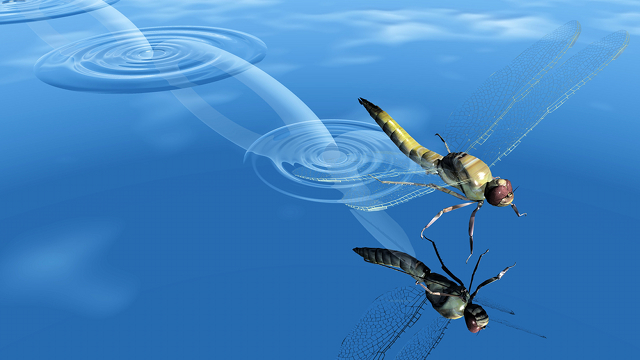SUMMARY
This is AI generated summarization, which may have errors. For context, always refer to the full article.

WASHINGTON, USA – Pesticides may kill off water insects and other small aquatic life by as much as 42%, according to an analysis of German, French and Australian rivers and streams published on Monday.
The study in US journal the Proceedings of the National Academy of Sciences is the first to compare regional biodiversity in polluted versus less polluted water, said scientists at the Helmholtz Association of German Research Centres.
Freshwater invertebrates and aquatic insects were 42% less common in strongly contaminated areas in Europe compared to less polluted areas; and in Australia, a difference of 27% was found across regions.
The analysis included measurements of insecticides and fungicides, which are used often in agriculture and are typically well studied and heavily regulated.
However, the researchers said little examination has been done to gauge their effect on the streams and rivers they end up in after it rains and the chemicals are washed off farmland and into watercourses.
“The current practice of risk assessment is like driving blind on the motorway,” said ecotoxicologist Matthias Liess, a study co-author.
Species that were particularly vulnerable to pesticides included dragonflies, stoneflies, mayflies and caddis flies.
The researchers warned that the threat pesticides pose to biodiversity has been underestimated, since experimental lab work and studies on artificial ecosystems often precede a pesticide’s market approval.
“The effects in Europe were detected at concentrations that current legislation considers environmentally protective,” said the study, calling for new approaches to better assess the ecological risks of pesticides.
A better practice would be to assess the ecological impact of chemicals by investigating real environments on a larger scale, the authors said.
The findings show that UN goals to slow down the decline in biodiversity by 2020 are “jeopardized,” it said. – Rappler.com
Dragonfly jumping on water photo from Shutterstock
Add a comment
How does this make you feel?
There are no comments yet. Add your comment to start the conversation.